Dr Torbjörn Ogéus is a pain specialist with clinical experience in regenerative medicine. He has been treating tendons and osteoarthritis (OA) with growth factors for 15 years. 6 years ago, Ogéus did his first stem cell treatment for OA and recently published one of the first clinical studies in the world on exosomes and OA.
Get the latest international news and world events from around the world.

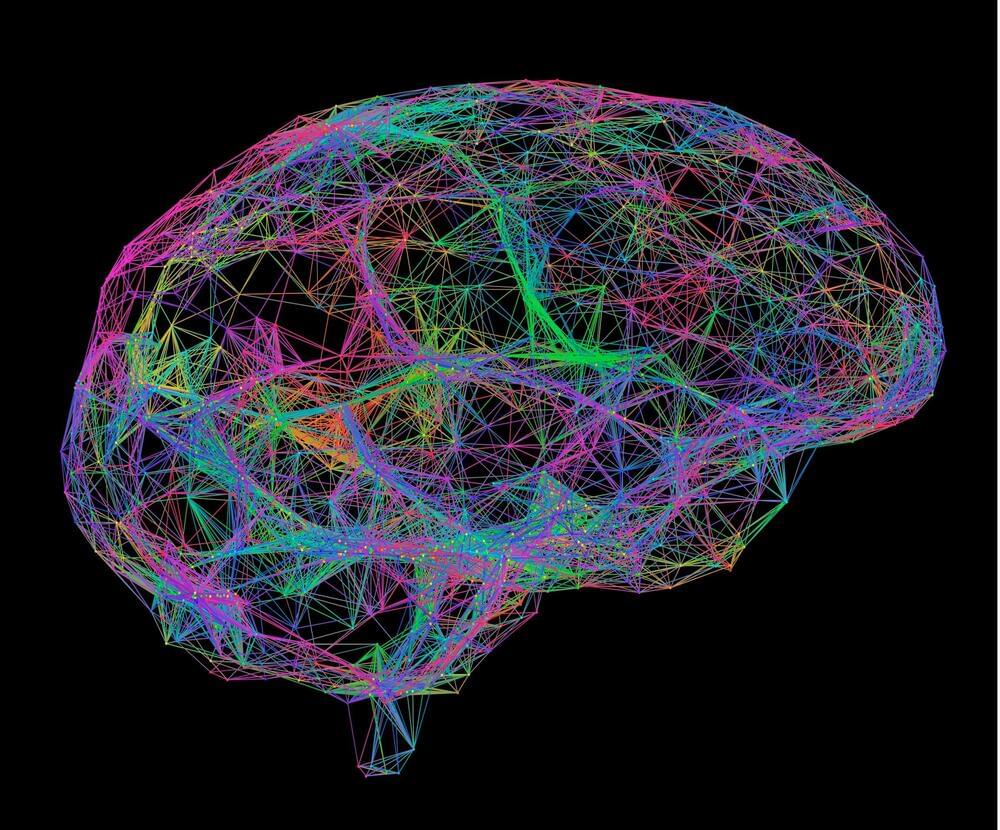
Spatial Transcriptomic Clocks Reveal Local Cellular Interactions Influence Brain Aging
Certain cells in the brain create a nurturing environment, enhancing the health and resilience of their neighbors, while others promote stress and damage. Using spatial transcriptomics and AI, researchers at Stanford’s Knight Initiative for Brain Resilience discovered these interactions playing out across the lifespan—suggesting local cellular interactions may significantly influence brain aging and resilience.
A new study was published in Nature in an article titled, “Spatial transcriptomic clocks reveal cell proximity effects in brain aging.”
“What was exciting to us was finding that some cells have a pro-aging effect on neighboring cells while others appear to have a rejuvenating effect on their neighbors,” said Anne Brunet, the Michele and Timothy Barakett Endowed Professor in Stanford’s department of genetics and co-senior investigator of the new study.
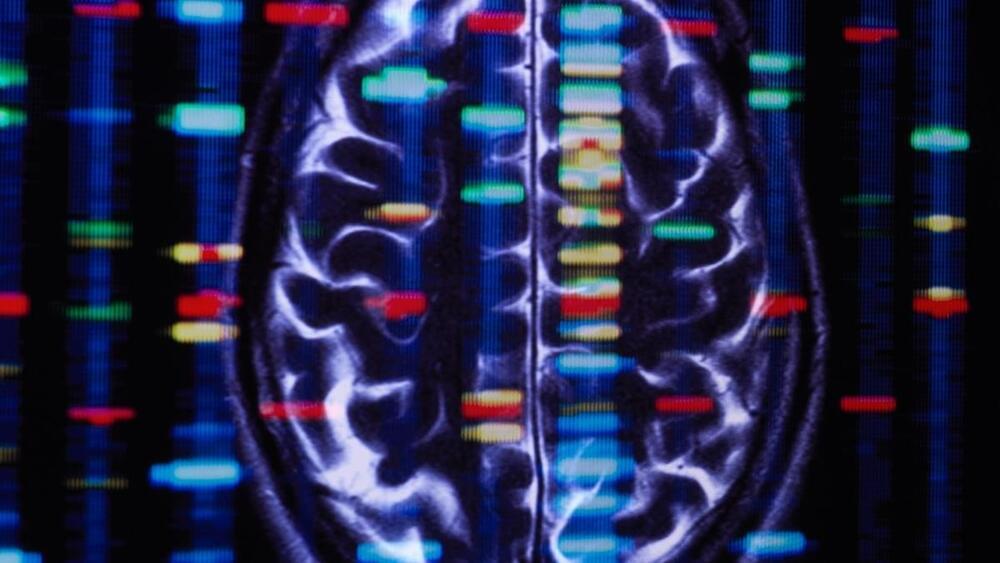
Can trauma be inherited through genes?
The field “touches on all the questions that humanity has asked since it was walking on this planet,” says Moshe Szyf, a professor of pharmacology at McGill University. “How much of our destiny is predetermined? How much of it do we control?”
For some people, the concept that we can carry a legacy of trauma makes sense because it validates their sense that they are more than the sum of their experiences.
“If you feel you have been affected by a very traumatic, difficult, life-altering experience that your mother or father has had, there’s something to that,” says Rachel Yehuda, professor of psychiatry and neuroscience of trauma at Mount Sinai in New York. Her research points to a small epigenetic “signal” that a life-altering experience “doesn’t just die with you,” she says. “It has a life of its own afterwards in some form.”
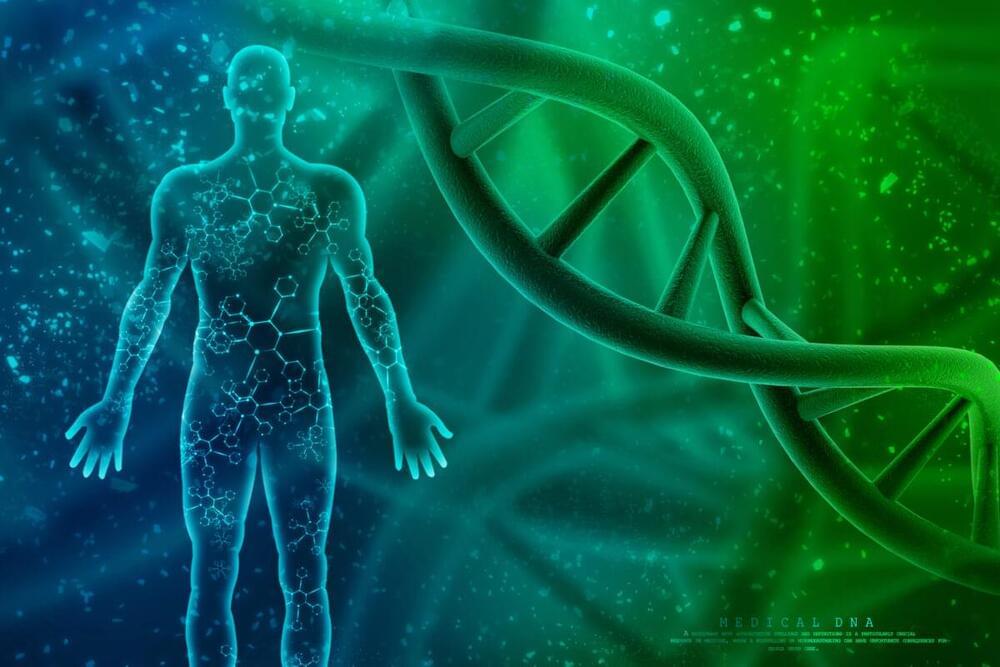

Discovery of enzyme pathway may lead to lifesaving leishmaniasis treatments
A breakthrough in understanding how a single-cell parasite makes ergosterol (its version of cholesterol) could lead to more effective drugs for human leishmaniasis, a parasitic disease that afflicts about 1 million people and kills about 30,000 people around the world every year.
The findings, reported in Nature Communications, also solve a decades-long scientific puzzle that’s prevented drugmakers from successfully using azole antifungal drugs to treat visceral leishmaniasis, or VL.
About 30 years ago, scientists discovered the two species of single-cell parasites that cause VL, Leishmania donovani and Leishmania infantum, made the same lipid sterol, called ergosterol, as fungi proven susceptible to azoles antifungals. These azoles antifungals target a crucial enzyme for sterol biosynthesis, called CYP51.

Will an mRNA vaccine target the norovirus strain behind surging cases?
A new type of norovirus is causing a very high number of cases in countries like England, just as a large trial of an mRNA vaccine is starting up.
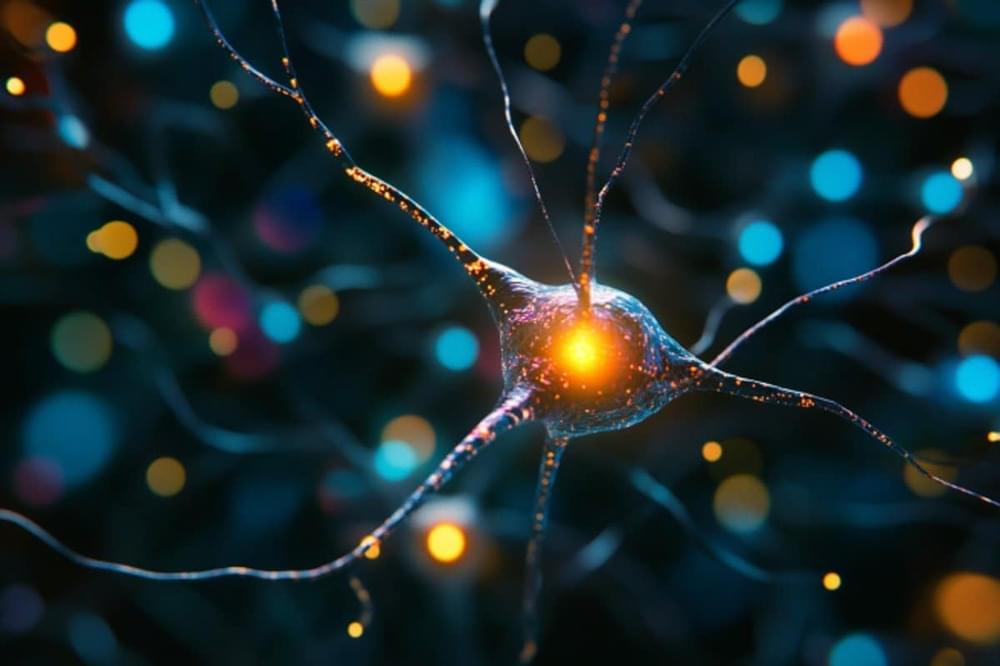
Reward-based Learning— Neuroscientists demonstrate Dopamine and Serotonin Work in Opposition to Shape Learning
If you’ve heard of two of the brain’s chemical neurotransmitters, it’s probably dopamine and serotonin. Never mind that glutamate and GABA do most of the work—it’s the thrill of dopamine as the “pleasure chemical” and serotonin as a tender mood-stabilizer that attract all the headlines.
Of course, the headlines mostly get it wrong. Dopamine’s role in shaping behavior goes way beyond simple concepts like “pleasure” or even “reward”. And the fact that it takes weeks or months for serotonin-boosting SSRI antidepressants to work suggests that it’s not actually the immediate jump in serotonin levels that drum out the doldrums of depression, but some still-mysterious shift in downstream brain circuits.
A new study from Stanford’s Wu Tsai Neurosciences Institute reveals yet another new facet of these mood-managing molecules. The research, published November 25, 2024 in Nature, demonstrates for the first time exactly how dopamine and serotonin work together—or more precisely, in opposition—to shape our behavior.
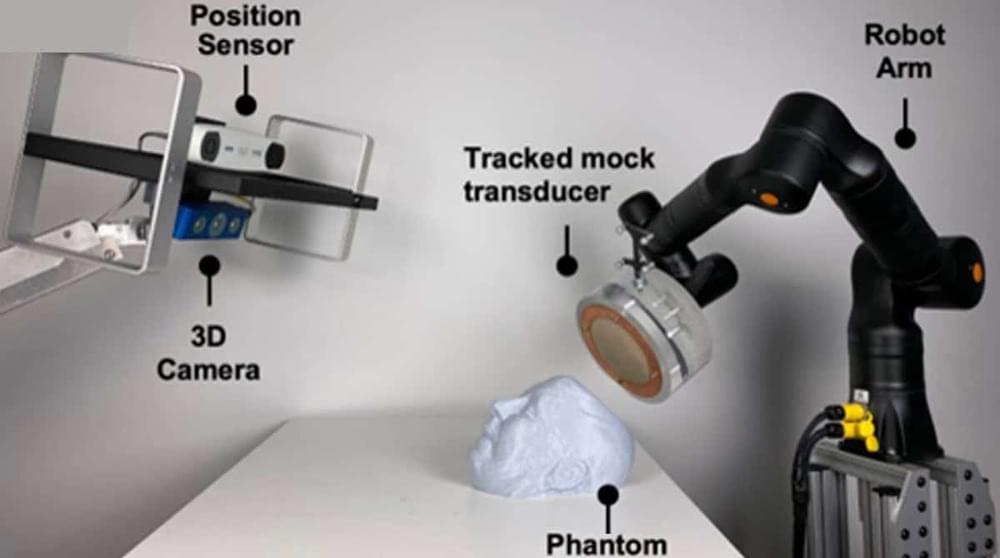

The Magnetic North Pole Has Officially Changed Position
It’s time to recalibrate the navigation systems on ships, airplanes, and (given the time of year) Santa’s sleigh: the position of the magnetic North Pole is officially being changed, continuing its shift away from Canada and towards Siberia.
Experts from the US National Oceanic and Atmospheric Administration (NOAA) and the British Geological Survey (BGS) have joined forces – as they do every five years – to produce a new, more accurate World Magnetic Model (WMM).
While the geographical North Pole stays fixed in place (at the very summit of the Earth’s rotational axis), the WMM pinpoints the magnetic North Pole – where Earth’s magnetic field points straight down, a perfectly vertical magnetic field.